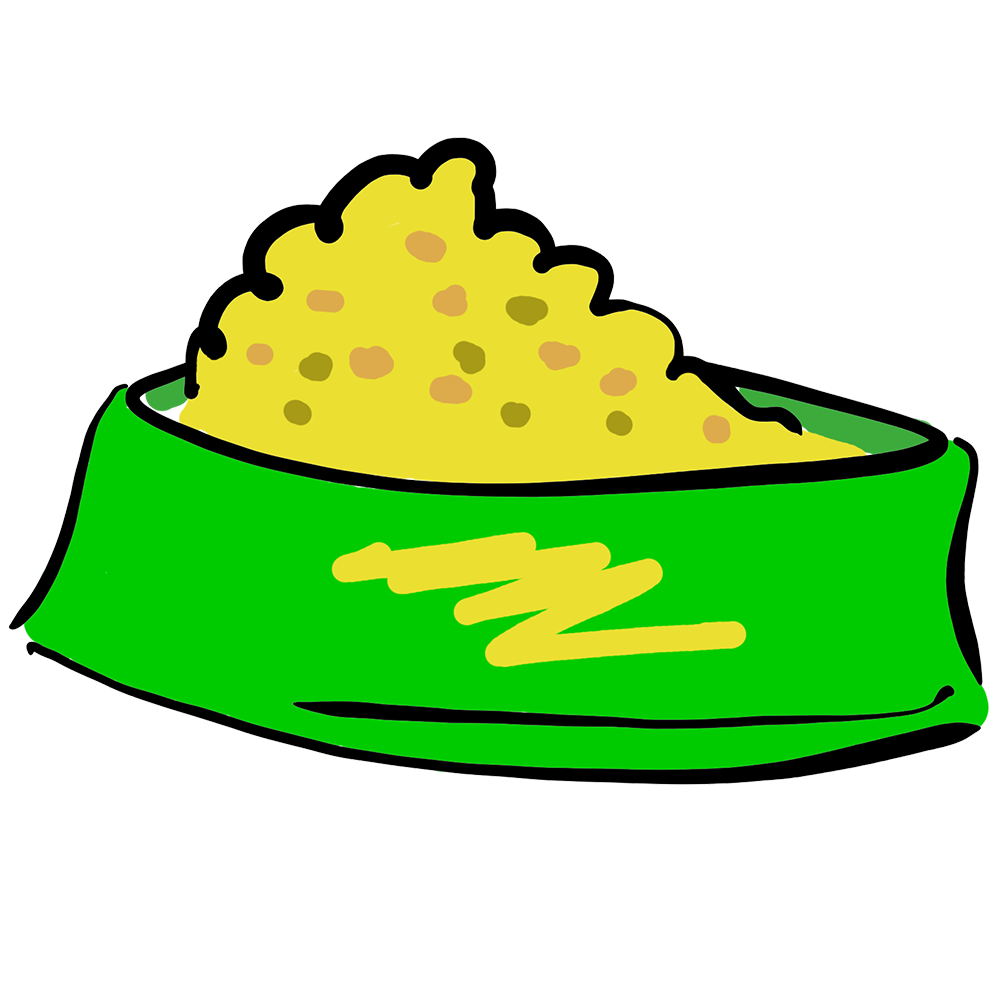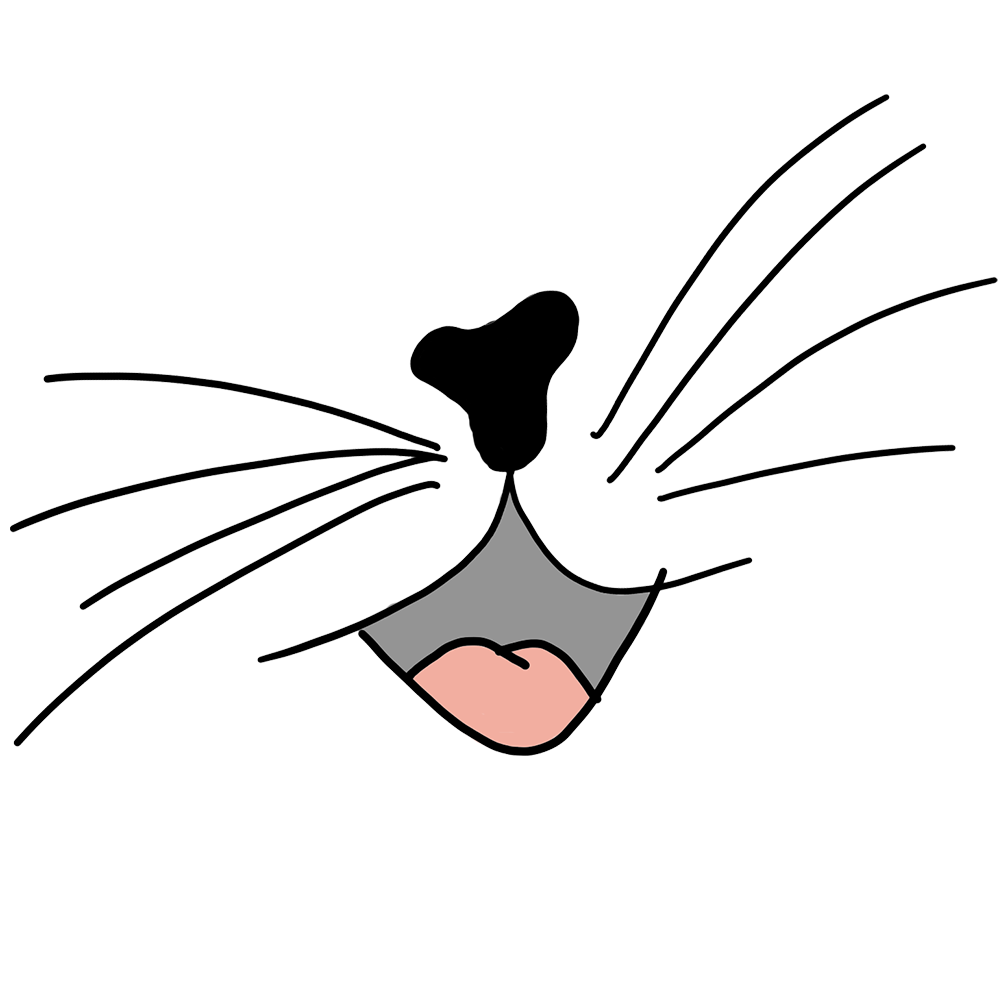What you can do
The first thing to do is to take the kitten or puppy to the vet in case first aid treatment is required. The vet can also give you guidance on how to look after them.
If you are unable to take them to the vet for some reason, then this article should help you give them emergency care.
“Can I take them to PAWS?”
Nursing kittens and puppies need round-the-clock monitoring for at least 2 weeks. If you leave them at the shelter, our caretakers and staff can’t give them the constant care that they require. In addition to that, they will be exposed to infections and cold temperatures at the shelter.
If you leave them at the shelter, the likelihood is that they will die. You are their best chance of survival.
What you'll need:
- Lactose-free milk (e.g. KRM, Petlac, Lactol)
- Feeding bottle or small syringe (no needle)
- Hot water bottle or heating pad
- Small crate or box
- Cotton or terry cloth towel
Feed them only lactose-free milk. Follow the prescribed formula for preparing the milk. The milk needs to be warm (not cold, not hot) so that they can digest it properly. Test a few drops of milk on your wrist first. You should not feel a sting. Otherwise, it might be too hot for their sensitive tummies.
Hold them upright when feeding to avoid aspiration pneumonia (milk in lungs). Feed them the prescribed amount every 2-3 hours, including nighttime feedings. If older than 2 weeks, they can be fed every 4-6 hours. Be careful not to overfeed.
Very young kittens and puppies cannot regulate their own temperature. They could die if their temperature drops too low. It’s important to keep them warm, especially if it’s a single kitten or puppy with no litter mates to keep them warm.
Wrap a hot water bottle in a towel so that they don’t get burned. You can also use a heating pad or incandescent lamp. Again, test it on your skin to be sure that it’s not too hot, or give them enough room to move away from the heat source if needed.
Very young kittens and puppies need help peeing and pooping. If they don’t pee or pass stool, it could poison their bodies.
After each feeding, use moistened cotton or terry cloth to dab or wipe down their genitals and anus to simulate the mother’s licking. They should pee after each meal and poop once a day. If not, try adding a little more water to the formula so it’s not too concentrated.
When you see teeth starting to protrude at around 3-4 weeks of age, you may introduce wet kitten or puppy food diluted in some water, and offer it along with their milk. Gradually decrease the amount of water and milk until they are eating pure solid food and drinking water separately from a bowl.
Be sure to do this gradually, and monitor their poop to ensure that they are digesting their food properly and not getting constipated.


